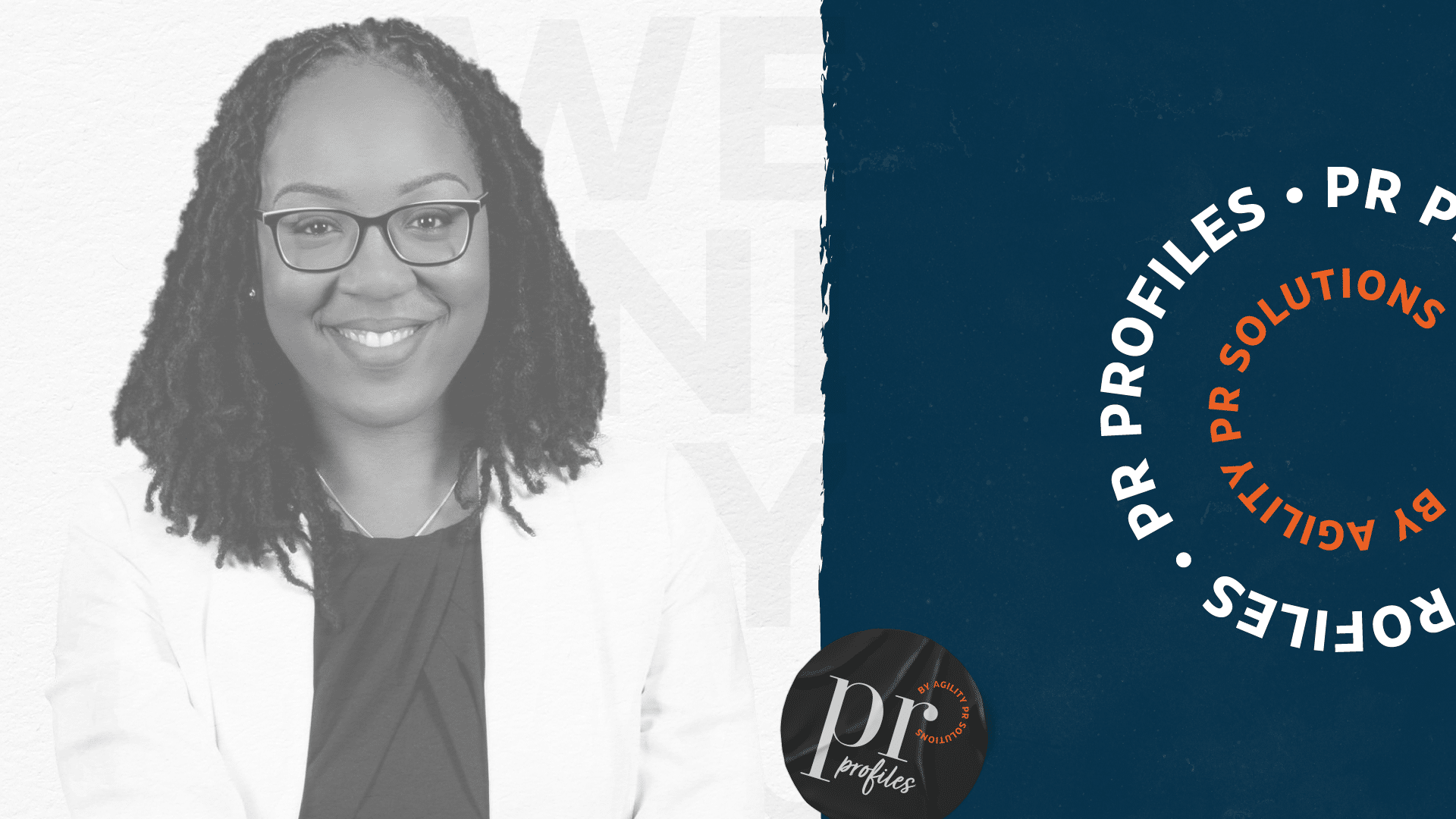In today’s digital age, a company’s reputation lives or dies on social media—influential information, whether true or false, spreads like wildfire. Imagine you’ve established your reputation, only to have it tarnished by negative press, social media backlash, or a viral meme that you didn’t address in time. These are among the reasons why it’s essential for businesses to conduct a thorough PR audit to identify any potential issues that may harm their reputation—and their bottom line.
Tonya McKenzie, PR consultant and founder of Sand & Shores, in her recent Agility webinar presentation, emphasizes the importance of PR audits and how they contribute to a company’s success by improving brand reputation maintenance and locking in revenue.
How your PR team can enhance your client’s experience with a PR audit
McKenzie explains that a PR audit is an analysis of an organization’s accounts, digital and print, to identify PR, marketing, and advertising issues and shortcomings. This involves examining past and current messaging, consistency across all media platforms, what other people are talking about the brand, how competitors measure up, and how leadership is viewed.
“I think it’s important to recognize [that] leadership plays a big role as to how an organization is seen in the public light. They can’t just hire PR professionals and think we go out there and we do magic. Everyone must be involved. This is a partnership,” says Tonya. “Social impact and leadership, and what leaders stand for—they are much more prevalent than they ever used to be. So, if your leadership representatives are being covered in the media, what messages are they relaying?”
McKenzie reveals how PR audits take stock of everything that’s out there in the public eye, including current coverage based on sentiment, competitive advantage, share of voice, leadership presence, traditional output, brand portfolio, and target audience.
PR audits help you compete and control your narrative
Tonya emphasizes that while they can sometimes be a costly and time-consuming investment, PR audits are essential to avoid redundancy if crisis strikes, set your business up for success and ensure competitive advantage. Conducting an audit allows you to understand the importance of analyzing the messaging and media strategies of competitors so that you can differentiate and be more competitive.
Are you a part of the right conversations?
According to Tonya, this involves evaluating the resonance of your brand’s message with the public, assessing earned and paid media, and considering the types of conversations you’re engaged in. Tonya says, “You should know the people in your circle, the messages that they’re giving off, and what kind of conversations they’re in. Are those conversations [ones] you want your organization brought into, or are we looking at going in a different direction?” The goal is to develop a unique message that sets the organization apart while avoiding being pulled in a direction that doesn’t align with its goals.
Reaching your audience and identifying a niche
The PR audit also identifies whether your messaging has been successful in reaching your audience, and if so, understanding how and on which channels. Tonya suggests identifying your target audience, ensuring that the correct journalists are covering the client’s industry, nurturing relationships with journalists, and being ready to adjust as the company grows and evolves.
Proving to the C-suite that PR matters
Demonstrating value is a challenge communications professionals struggle with, but PR audits produce data that can help leaders understand why PR is crucial to their business. These metrics demonstrate for them the need for clear, consistent, and well planned and executed communication.
“PR is often viewed as an accessory rather than a necessity, which is why it’s crucial for PR pros to communicate their value to clients,” says McKenzie. “By conducting a PR audit, they can prove their importance in the industry and help clients achieve their goals effectively.”
Don’t ignore the benefits of PR auditing
By conducting a thorough analysis of their PR, marketing, and advertising efforts, companies can identify potential issues, nurture relationships with journalists, and ensure consistency in messaging across all departments.
As McKenzie aptly states, “PR audits are essential for businesses looking to set themselves up for success and provide a high-quality experience for their clients.”
Audits work to communicate the value of PR to clients and the C-suite, prove its importance, and increase your clients’ bottom line—and your own. Learn more by checking out Tonya’s webinar on demand here.








